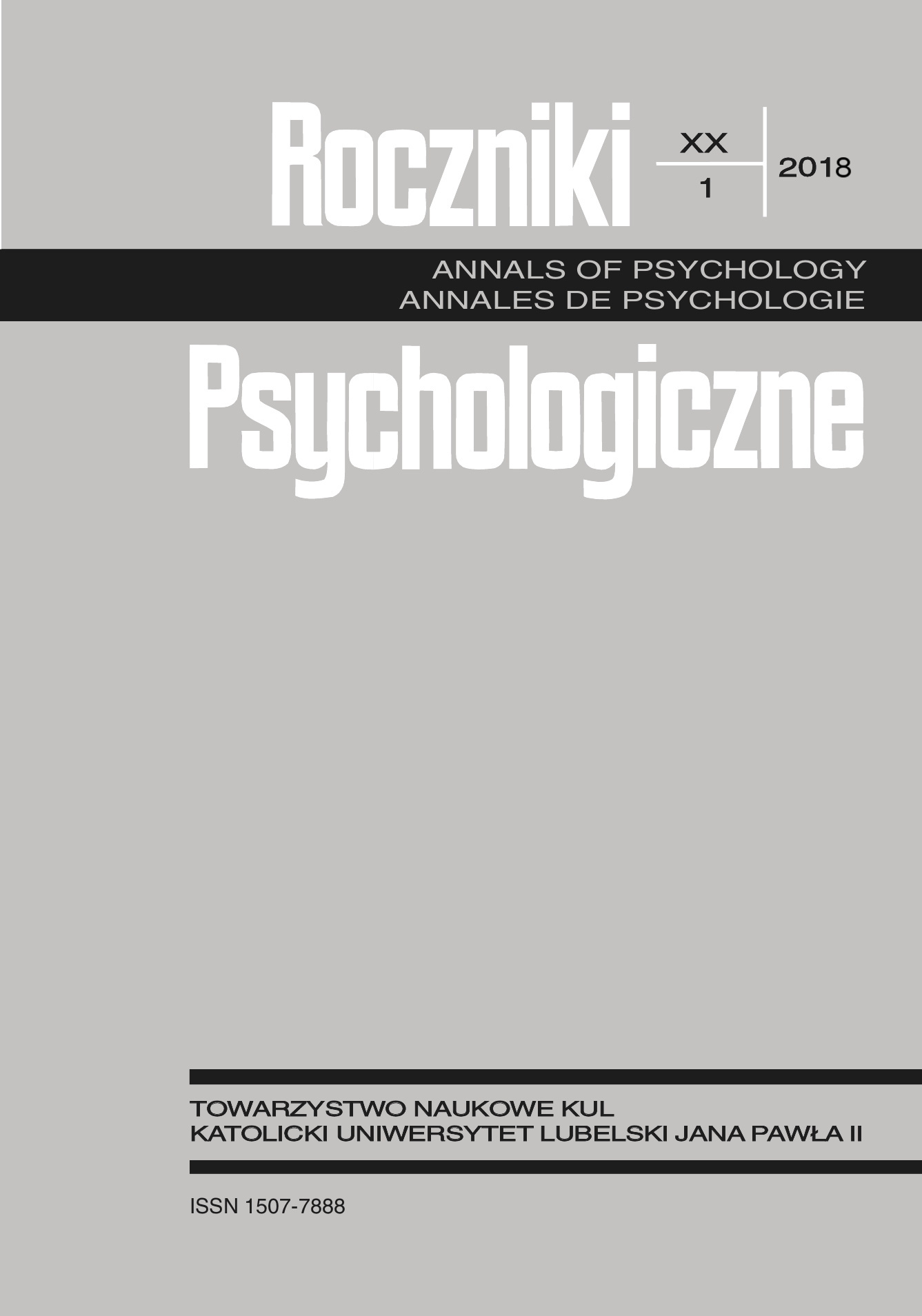The role of the origin (automatic vs. reflective) of affective state for the effectiveness of persuasion based on strong vs. weak arguments
The role of the origin (automatic vs. reflective) of affective state for the effectiveness of persuasion based on strong vs. weak arguments
Author(s): Magdalena T. Walkowiak, Kamil K. ImbirSubject(s): Social Sciences, Psychology, Individual Psychology
Published by: Towarzystwo Naukowe KUL & Katolicki Uniwersytet Lubelski Jana Pawła II
Keywords: Elaboration Likelihood Model; persuasion; Emotion Duality Model; reflective emotions; automatic emotions; information processing
Summary/Abstract: Previous research has focused on the influence of emotional valence on the effectiveness of per-sua¬sion via the central route or the peripheral route. The purpose of this study was to answer the question of whether other dimensions of emotion, such as the origin of emotional charge (auto-matic vs. reflective) may also influence the effectiveness of persuasion. It was expected that reflective emotions would increase susceptibility to strong arguments, while automatic emotions would result in a lack of sensitivity to the quality of arguments. Emotional words of proven emotional quality were used to elicit affective states. They were chosen in order to contrast the different levels of emotional valence (negative, neutral, and positive) and the origin of emotion (automatic and reflective). It turned out that in the case of reflective conditions, a significantly higher effectiveness of persuasion was observed for strong arguments than for weak ones. In the case of automatic conditions, there was no difference in the effectiveness of persuasion depending on the quality of the arguments. There were also no differences related to emotional valence; however, the manipulation of affective states on emotional valence dimension turned out not to be effective. This suggests that the origin of emotion can be considered a factor influencing processing via the central or peripheral route to persuasion.
Journal: Roczniki Psychologiczne
- Issue Year: 21/2018
- Issue No: 1
- Page Range: 9-33
- Page Count: 25
- Language: English

